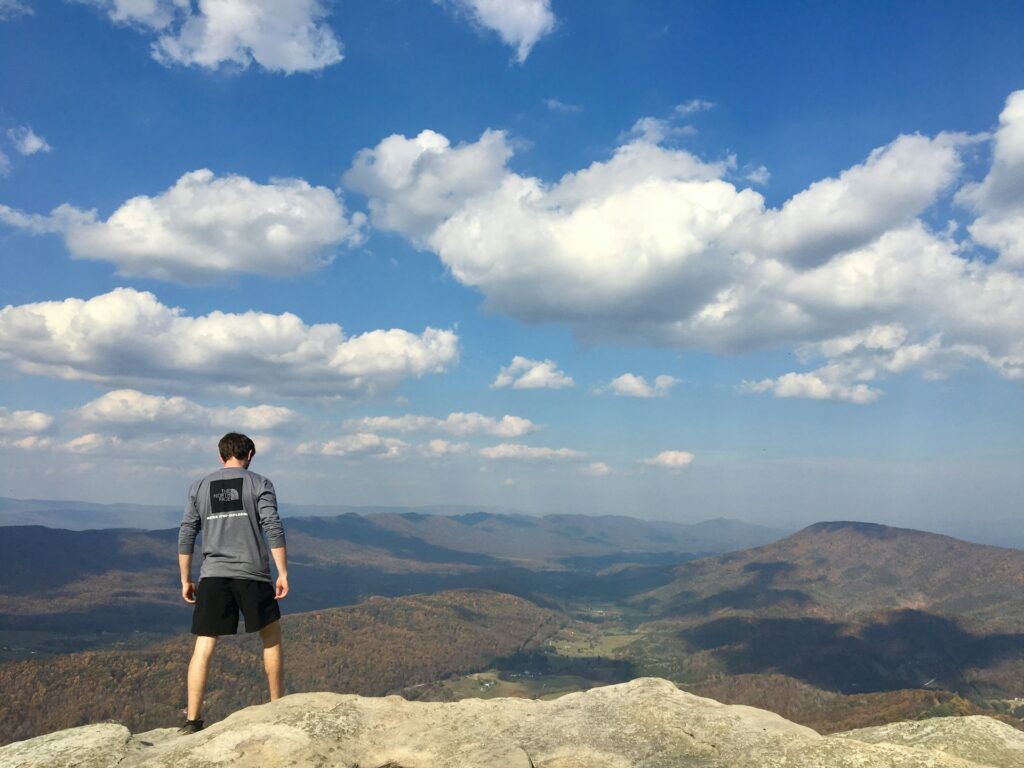


15 March, 2024
Research by Natural England reveals a stark disparity: only 1% of visitors to national parks in the UK are from minoritised groups, compared to 14% of the overall population. This glaring gap highlights a problem: the outdoors is not racially inclusive. Brands, therefore, have a role to play in addressing this issue.
Enter The North Face, the American fashion brand, who as part of their efforts are offering a 20% discount to customers who complete an hour-long online course titled “Allyship in the Outdoors.” The course claims to educate customers about the challenges faced by people of colour in accessing the outdoors while helping them become a “better ally” in making the outdoors a more welcoming place for everyone.
This move has prompted polarising reactions, ranging from condemnation to cautious support. Our verdict: the intentions are good, the execution leave some questions. We fully support The North Face wanting to show that the outdoors should be a welcoming, equitable and safe place for all and working actively to create change to make it so. And well designed training programmes have a worthy place to play in the long journey towards a more equitable world.
However, we have some issues with the approach they have taken – and particularly the mechanic they chose to use – which ties the action (completing the course) to a transaction (the discount). We think this misses the mark.
Over and above the inherent complexities around using mechanics of this nature, lies a glaring issue which is highlighted eloquently by Bme Kween, a Black travel vlogger, who writes “We keep seeing brands trying to change the majority instead of creating safe spaces for the minority… The people who do need the 20% off are the folks they should be targeting, which are minorities.”
The North Face’s missteps serve as a reminder that well-intentioned efforts must be carefully executed. Brands should first embed DEI values internally, before diving into marketing tactics, and develop meaningful relationships with minority communities to get the messaging right.
By Alice Railton